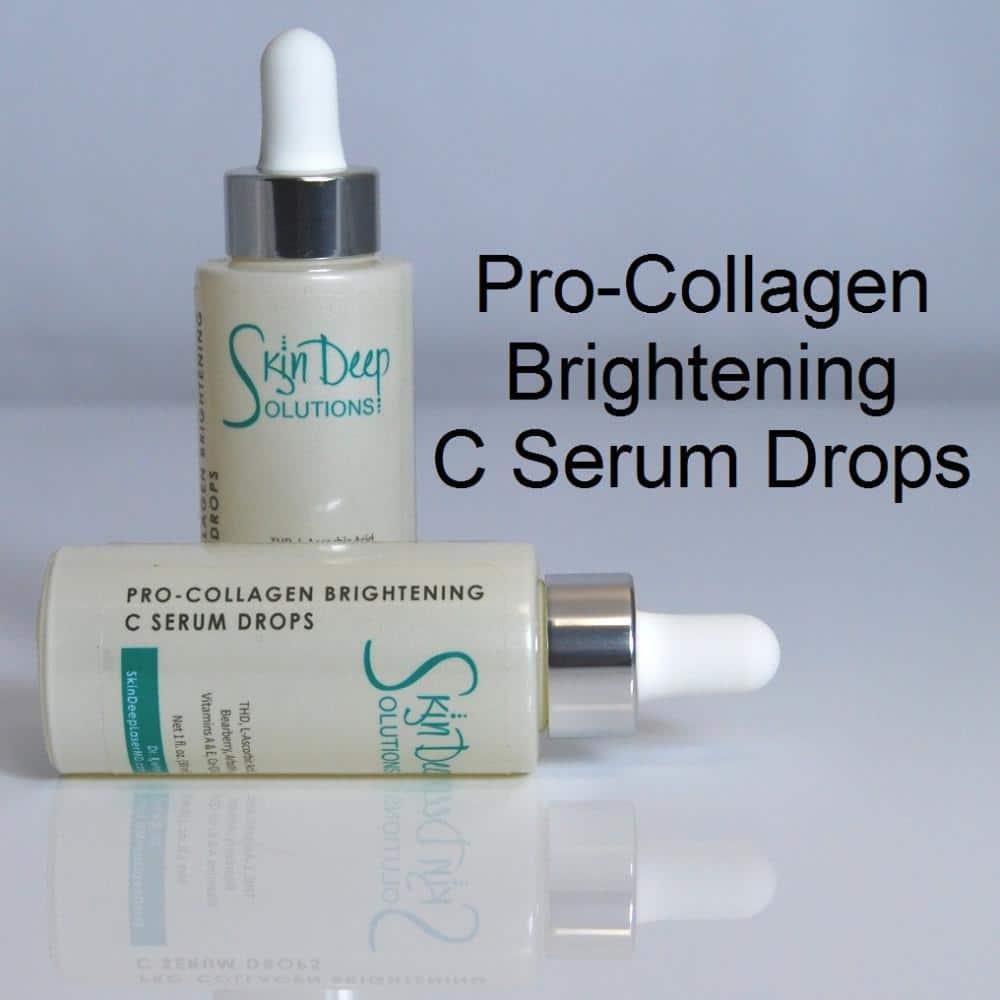Why is vitamin C so good for my skin?
Continuing our discussion of the 3 most important products you can and should be using on your skin to reverse signs of aging and prevent further signs, we come to “C”, or vitamin C.
To review, “A” is vitamin A, retin-A, or retinol which increases cell turnover, improves overall strength and health of skin and decreases signs of aging. “B” refers to a Broad-spectrum sunscreen to protect against both UVA and UVB rays as well as signs of aging and cell damage leading to skin cancer.
Science and research prove that aging skin occurs from more than just the turning of the calendar; exposure to environmental elements such as pollution, smoke and sun exposure cause aging in the form of photo-damage (“age spots”), lines, wrinkles, uneven pigmentation and possibly even skin cancer. These external factors contribute to aging by being major sources of free-radicals; molecules with unpaired electrons that are highly reactive and cause cell damage.
After prevention, our next best defense against the damaging effects of free-radicals is anti-oxidants; molecules that are able to give up electrons to free radicals without becoming unstable themselves.
Topical vitamin C helps protect us from free radicals in 2 ways: first, it helps to prevent the formation of free radicals from UV damage. Vitamin C has been shown to provide up to eight times the skin’s natural protection, thus protecting our cells in ways that sunscreen alone cannot. When used together, vitamin C and sunscreen can provide almost complete photo-protection.
The second way topical vitamin C protects us against free radicals is that it is a powerful anti-oxidant, neutralizing free radicals before they can attack the body.
A third reason to use Vitamin C is because it’s necessary for the production of collagen, the major structural protein of the skin. If you are using a retinol, or vitamin A to increase cell turnover you’ll need additional vitamin C to support the increase in collagen production you’ll be experiencing and maximize your results.
Although our skin is our largest organ, it tends to get its nutrients last. Therefore, the best method to get vitamin C to our skin is by applying it topically, which is about 20 times more effective in the skin than the vitamin C we consume. Although you can apply it morning and evening, Vitamin C is a very active ingredient and can cause irritation in some people. If your skin is sensitive, you may only be able to tolerate it once a day. If that’s the case for you, definitely use it in the morning (before sunscreen) as it provides additional protection from damaging UV rays.
You may start to see an improvement in the texture, color and tone of your skin is as little as a few weeks, and in the appearance of fine lines and wrinkles within 3-6 months.
Why professional, prescription-strength skin care products are worth the cost…


